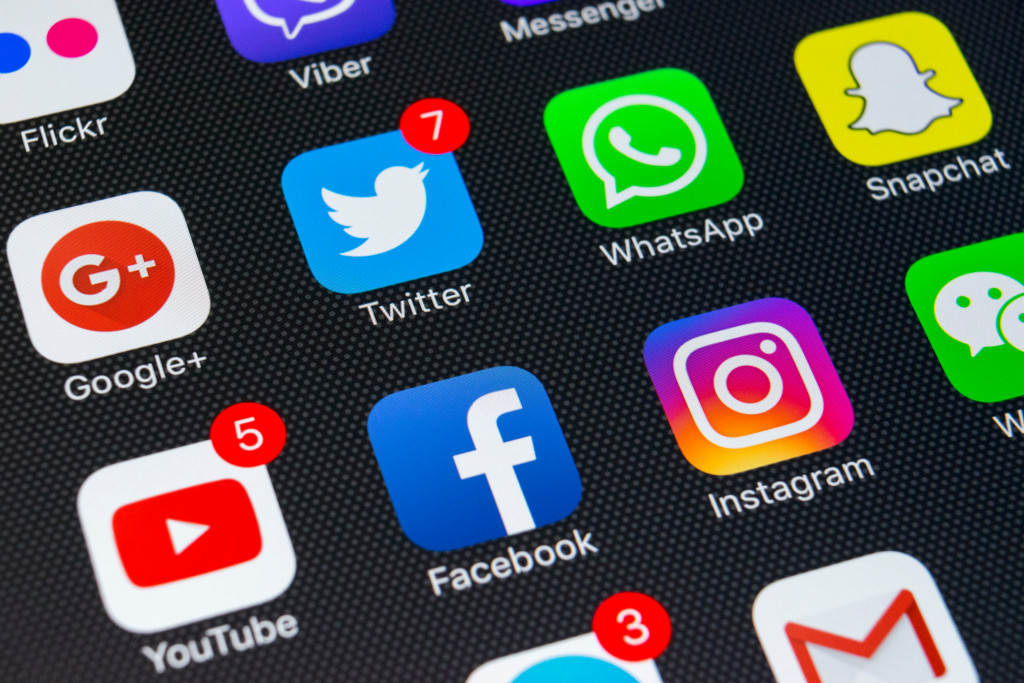With the dawn of social networking and all other forms of social media, advertising and promotion (of businesses and, yes, of the self) expanded a billion-fold. But with a great advantage comes responsibility. In the same way, we can use social media to spread the good word; the bad word can spread as well. There, unfortunately, are many ways for people to slip up on social networking sites. Impolite comments, aggressive tweets, insensitive remarks, and a whole host of other social media blunders can easily spark disaster. The good news is, most social media missteps are easy enough to delete, edit, or at least mitigate.
Whether you are an individual or a group promoting a product, service, or brand, chances are you’ve used social media to spread awareness to potential customers. If you have kept it kosher all this time, then good for you. But people are imperfect, and a few mistakes here and there make us human. Here’s how to deal with social media blunders you might have committed. Even better, here are a few tips to prevent them.
Avoiding Making Mistakes on Social Media
Do a quick online search. Do you remember what transpired in 2013 at the Boston Marathon? It seems like Adidas doesn’t. In 2018, as the marathon wrapped up, Adidas did an email blast to customers who had completed the race, with the subject line “Congrats, you survived the Boston Marathon.” This was, clearly, an insensitive blunder, earning aghast reactions from plenty for the seemingly thoughtless reference to a real tragedy. Before you make references to popular events or entities, do a quick online check if there is any historical significance.
There are some things you just don’t joke about. When renowned actor Carrie Fisher died, pastry brand Cinnabon tweeted a picture of Ms. Fisher portraying Princess Leia in the cinema classic with, instead, a Cinnabon Classic Roll where her famous hair bun should be. Plenty of people found this maddening because it was like Cinnabon was practically piggy-backing on a person’s demise, turning it into a tasteless endorsement.
Be careful not to cross the line. At times, there could be a fine line between witty and just plain inappropriate. Do not toe this line. Steer clear of “racy” because, you know… why would you even? KFC Australia, perhaps, thought the best way to convey the hot and spicy in their fried chicken was with a disturbing joke. Many found this to have been done in poor taste.
Make sure you are on the right account. This may sound trivial to some, but really, it’s solid advice. Most people managing corporate accounts also have personal accounts. Sometimes they get mixed up, and personal thoughts get shared on the corporate page.
Honesty is still the best policy. While promoting the brand Veclaim, a founder assured that all her clothes were “Made in Poland”. It turns out that some of the shirts she sold were actually Fruit of the Loom t-shirts with the original tags replaced with Veclaim labels. Save yourself from public shame and outrage — don’t lie on social media.
Preventing Your Social Media Blunder from Getting Worse

Don’t just put out the fire. In 2010, Greenpeace called out Nestlé for the latter’s endangerment of orangutans in Indonesia from how they sourced palm oil. Nestlé answered back by alleging copyright infringement and getting the video taken down. This didn’t solve anything. Instead, people talked about it more as they tried to “hide” the problem. If customers have a negative opinion about your brand, allow them to speak. Calmly explain your side and perhaps try to green-wash the point of contention. Don’t just fight the fire: offer help to those affected.
Don’t be hyper-defensive. If you even find yourself getting bashed from all fronts, just as how United Airlines was after an unfortunate incident with a passenger, because of something you did, a well-composed, sincere message should be the first to come from you. Know when an apology is necessary. United should have responded to every negative comment with the utmost respect and not have to resort to blaming the passenger. Take the time to explain.
Know when to seek help. You may find yourself way in over your head, especially if you’re a startup, a novice to advertising on social media. Don’t dismiss the idea that you may be at a point where you need professional intervention such as public relations experts.
It is possible to prevent a social media crisis if you react quickly enough and always try to acknowledge the mistake before it gets out of hand. If left unaddressed, it may even spawn fake news, pushing you deeper down a ditch.
